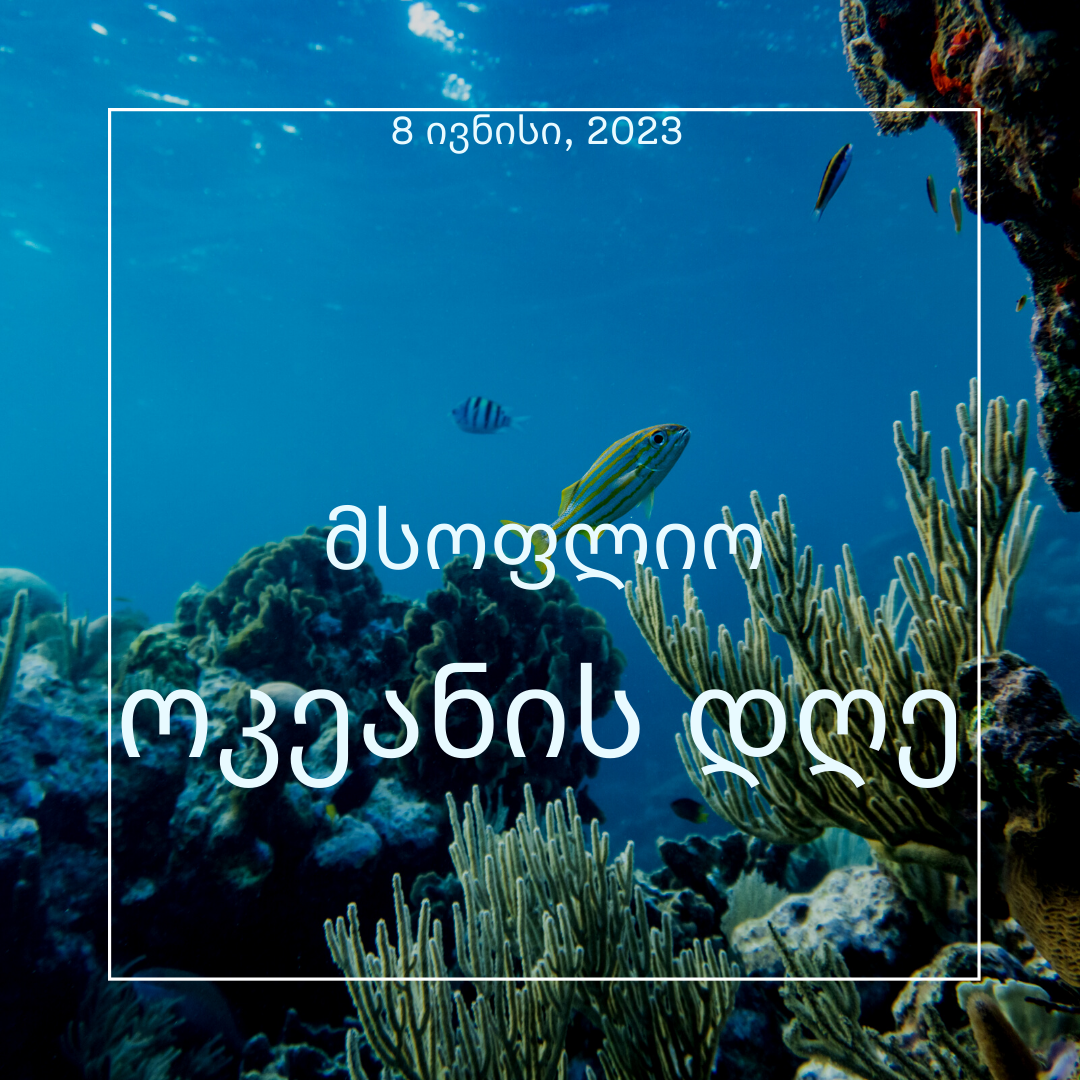World Ocean Day

June 8 is World Ocean Day.
This day is a holiday established to remind us of the important role of the ocean in the life of the planet and humanity as a whole.
The concept of World Ocean Day was first introduced by the Government of Canada at the annual Earth Summit in Rio de Janeiro in 1992.
Since 2009, on the initiative of the United Nations, Ocean Day has been officially celebrated every year on June 8.
Oceans cover ⅔ of the Earth's surface and are the most important factor determining the existence of life on Earth. Oceans play an important role in absorbing carbon dioxide and releasing large amounts of oxygen, thus playing an important role in mitigating climate change.
Humans have a negative impact on the oceans through their activities. Every year a large amount of plastic waste is dumped into the ocean, which creates floating islands of plastic and causes huge damage to the ocean biodiversity.
It is also worth noting the increase in the concentration of various chemicals in the oceans, which in some cases leads to an increase in the acidity of the oceans.
Overexploitation of marine living resources, climate change and the pollution of the oceans with hazardous substances and industrial waste pose serious threats to the marine environment. This also applies to criminal activities, including piracy, which seriously affect the safety of ships and seafarers.
According to a UN and UNEP report, the acidity of the world's oceans will increase by 150% by 2050 - that's 100 times faster than any change in acidity levels the marine environment has experienced in the last 20 million years. Marine organisms have very little time to adapt. Studies show that by 2100, rising water acidity will wipe out about 70% of corals, which are the primary ecosystem for most commercial fish.
Serious damage to ocean ecosystems can only be prevented by rapidly reducing global carbon dioxide emissions.
The aim of this day is to raise public awareness. Exhibitions, discussions and educational tours are organized in different parts of the world to learn about the problems of the ocean and its ecosystems.